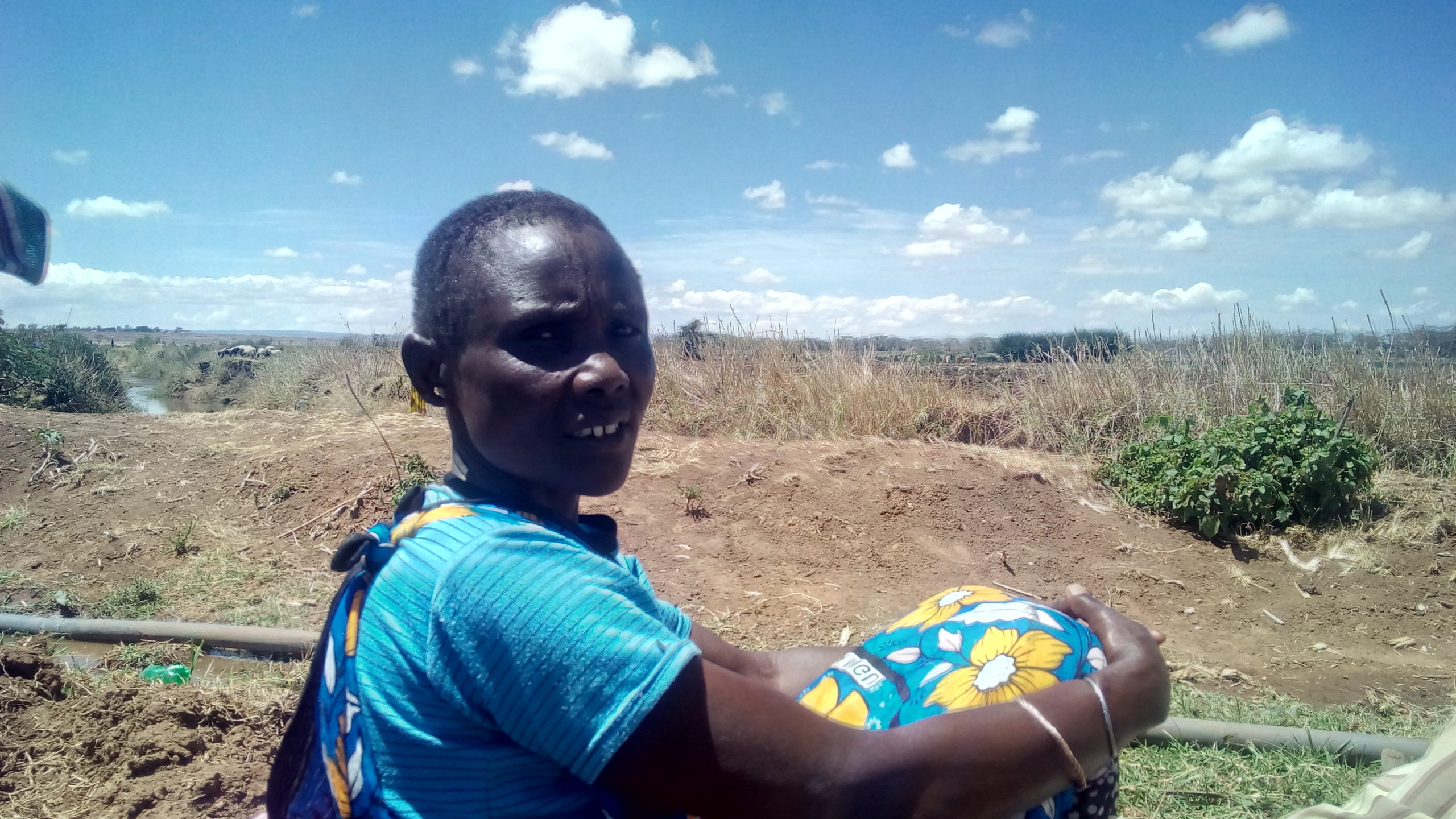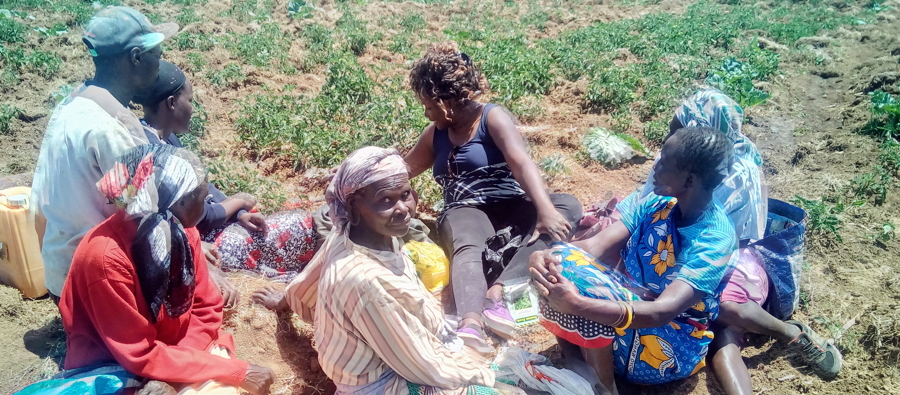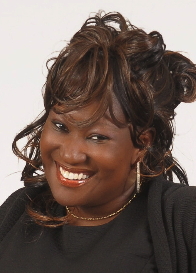Sub Saharan Africa imports food worth $30 billion annually, yet the continent has enough land to grow food that will feed itself and still have more to export to other parts of the world. Kenya is not exempt from this equation. The big question is why the mismatch?
The majority of the Kenyan population depends on agriculture for a living – 26 million people are smallholder farmers and close to 70% of these live below the poverty line – earning $700 annually or less. The underlying cause of these miserable statistics is that these smallholder farmers have an over-reliance on rain fed farming – this is despite the changing climate patterns. They find themselves unable to meet the rising demand for fruits and vegetables in urban areas brought about by increasing populations and a rapidly growing middle class.
Ojay Greene is an innovative agribusiness with a social mission: to increase the incomes of smallholder farmers. The enterprise does this by working with smallholder farmers to help them tap into the growing demand of fresh fruits and vegetables in urban markets. By interacting with farmers, Ojay Greene strives to change their behaviours from subsistence farming to commercial farming using an approach that involves tackling their immediate and potential risks; the main one being climate change.
So how do we do this? Ojay Greene uses a mobile platform to offer smallholder farmers advisory services, agronomic extension services, access to farm inputs and market linkage. Farmers get weekly instructions on their mobile phones enabling them to follow the exact steps when planting. This enables them to produce a standardized product, that complies with market specifications. In addition, they can ask questions through the platform when they are in doubt. They can also alert our team about any unusual pests or diseases they encounter during production. Ojay Greene sees to it that farmers are visited monthly by their agronomists to ensure that they get the technical support they require and that they are following the right steps to produce high quality and competitive products. These measures ensure that smallholder farmers have a consistent revenue stream.
As we celebrate International Women’s Day, I’d like to share with you a story about Mary, a female farmer who embodies a true picture of resilience. Mary lost her home and became internally displaced person during the post election violence that occurred in 2007. She was fortunate enough to lease a piece of land from the government to enable her cultivate crops to sell in the local market. Despite this opportunity, she had to contend with herdsmen from the neighbouring pastoral community who would let their cattle feed on her hard-earned crops. She would consider herself very fortunate if she managed to make $500 annually. Ojay Greene was introduced to Mary’s farmer group in September 2016. Mary grows leafy green vegetables – (both conventional and indigenous African varieties) which happen to be in very high demand in urban areas. By working with Mary, we have helped her access quality seed, harvest a bountiful crop and access a profitable urban market. If she continues with this trend she will be able to increase her annual income to US$ 1,000 by September 2017.

From our work with smallholder farmers, we have observed that female farmers have immense potential to play a pivotal role in the food value chain in Kenya and Africa. This is because they tend to be more organized in regards to conforming to our model which requires smallholder farmers to work together as a farming community in groups. Our model fosters team work; farmers agree to plant on the same day, visit each others farms, give each other developmental feedback and have a sense of healthy competition amongst themselves. Most of the ones we’ve worked with are beginning to realize the benefits of working together. Together they have collective bargaining power that spurs them on to generate enough income to educate their children. This said, women need more access to financing – stronger links to market and continuous knowledge transfer to make them more productive.
As a female entrepreneur, my biggest barrier being the barrier to financing – I faced broken promises from potential financiers and investors, as well as delayed payments from clients. I observed that an underfinanced company fails to realize its potential and the growth is hampered. I have learnt that laser focus is a critical attribute when all else fails. I remember the initial reason that drove me to start Ojay Greene and realize that quitting is not an option. I lift myself up and encourage myself to hold on because the road to success is filled with setbacks and roadblocks, but those who endure to the end leave a legacy that surpasses their generation.
My advise to other female entrepreneurs: “Don’t wait to be validated. Follow your aspirations no matter what barriers come your way. Focus on what’s working and seek to replicate it. I look forward to seeing you at the top.”



